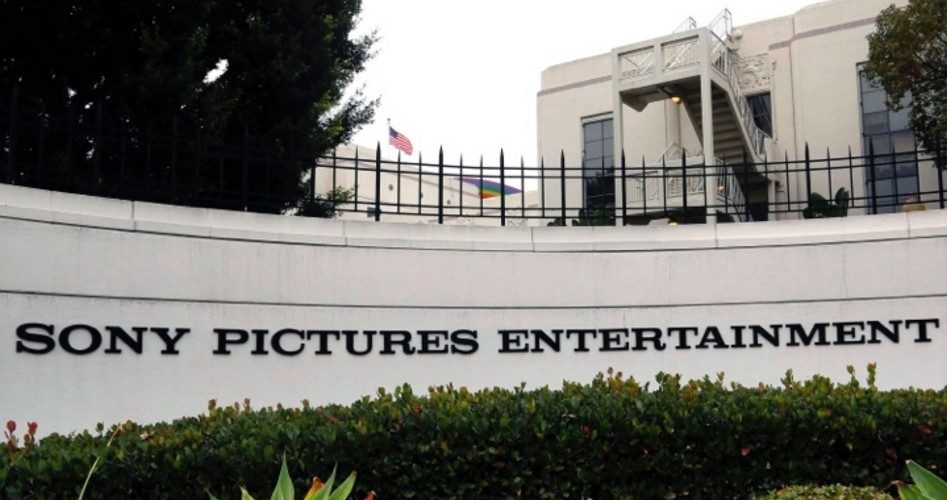
The sophisticated cyber-attack late last month on Sony Pictures, crippling many of its computer systems, may have been one of the largest breaches of information to date. The information that was leaked to news services and the Internet included personnel files, salaries and salary negotiations, employee Social Security numbers, an unreleased script, and five movies (four of which are not even in theaters yet).
Sony was quick to blame North Korea, saying the cyber-attack was a retaliation for the upcoming comedy The Interview. The film, starring Seth Rogen and James Franco, features a pop journalist and his producer who are recruited by the CIA to assassinate North Korean dictator Kim Jong-un. When the movie was announced in June, North Korea’s response was mixed. Kim Myong-chol, executive director of CFKAP (Center for Korean-American Peace), was critical of the film, making references to how desperate American culture is, but said that Kim Jong-un would probably watch the film.
Seth Rogen, who is known for his comical and sometimes irreverent Twitter posts, tweeted, “Apparently Kim Jong Un plans on watching The Interview. I hope he likes it!!” Just a few days later, Korean Central News Agency, North Korea’s official news service, called the film a “blatant act of terrorism and war” and threatened a “decisive and merciless countermeasure” if it were released. In July, North Korean UN Ambassador Ja Song Nam told the United Nations that the film “should be regarded as the most undisguised sponsoring of terrorism as well as an act of war.” A week later, North Korea asked President Obama to block the film from being released.
The Interview was scheduled to be released on October 10, but was later pushed back to a Christmas date. Sony Pictures was hacked on November 24 and the stolen files were leaked to the Internet on November 27. The leaked files, totaling 100 terabytes, did not include The Interview.
The sophisticated cyber-attack on Sony Pictures was designed to cause complete system failure by deleting files and corrupting master boot records. The only way to recover from such a failure is to restore the affected hard drives from backups — both time consuming and expensive. In the wake of the Sony hack, the FBI issued a private alert to several other companies warning them of the possibility of similar attacks. Sony has hired the Mandiant division of FireEye to help in their investigation and restoration. FireEye officials have said they suspect North Korea is to blame for the attack.
The speculation that North Korea was responsible for the attack was fueled by the fact that the hacking tools used were similar to those in last year’s attack against South Korea, which is widely considered to have been carried out by North Korea. Additionally, the programming language used in the attack was Korean.
However, these facts are not positive proof of North Korea’s involvement. Hackers often re-purpose tools used by other hackers and disguise their actions by using various programming languages. It appears that this is the case here and that a group of hacker activists (“hacktivists”) may be involved.
When Sony Pictures employees attempted to log on to the system after the breach, they were greeted with an ominous message on their monitors: “Hacked by #GOP” — which included a graphic of a skeleton and several accusations against Sony Pictures and threats to leak the copied files. The initials GOP refer to the hacktivist group Guardians Of Peace, which appears to have used some of the stolen files to gain access to Twitter accounts belonging to Sony Pictures, and then used those Twitter accounts to publicly attack the company with statements about their business practices. Sony Pictures has now regained control of those accounts.
According to csoonline.com, a person claiming to represent GOP has been in contact with them. In response to claims of North Korean involvement, this person said, “We are an international organisation including famous figures in the politics and society from several nations such as United States, United Kingdom and France. We are not under direction of any state.”
While it is unlikely that the group actually includes famous politicians and members of society, it is at least probable that the hackers behind the attack on Sony Pictures have their own agenda in mind, and not that of North Korea.
Photo: AP Images




